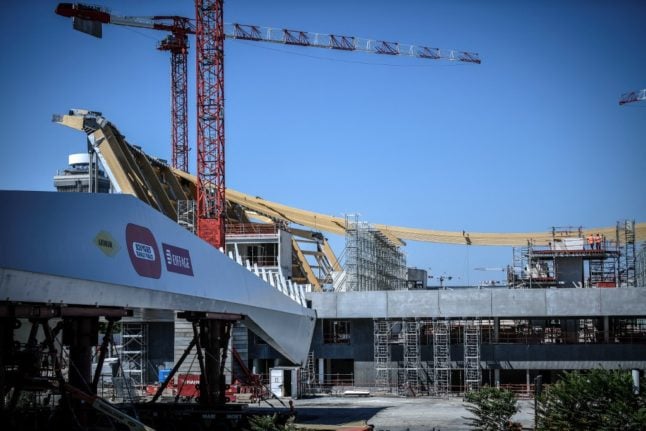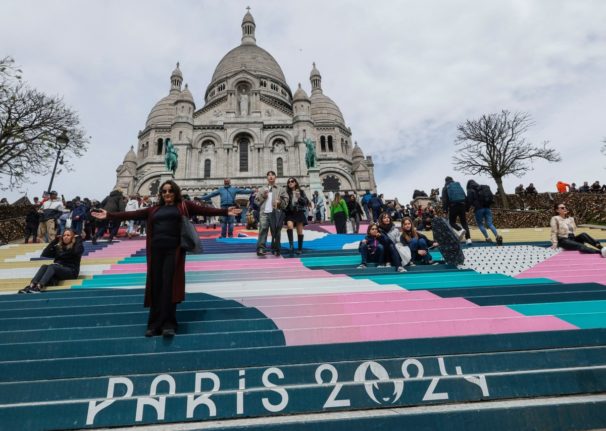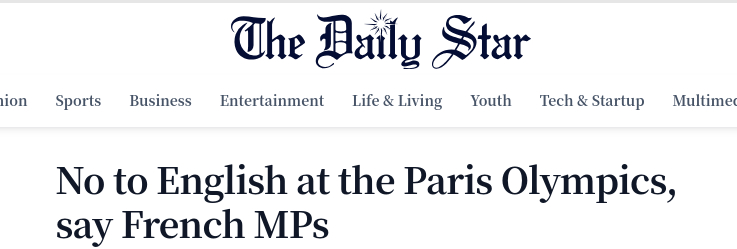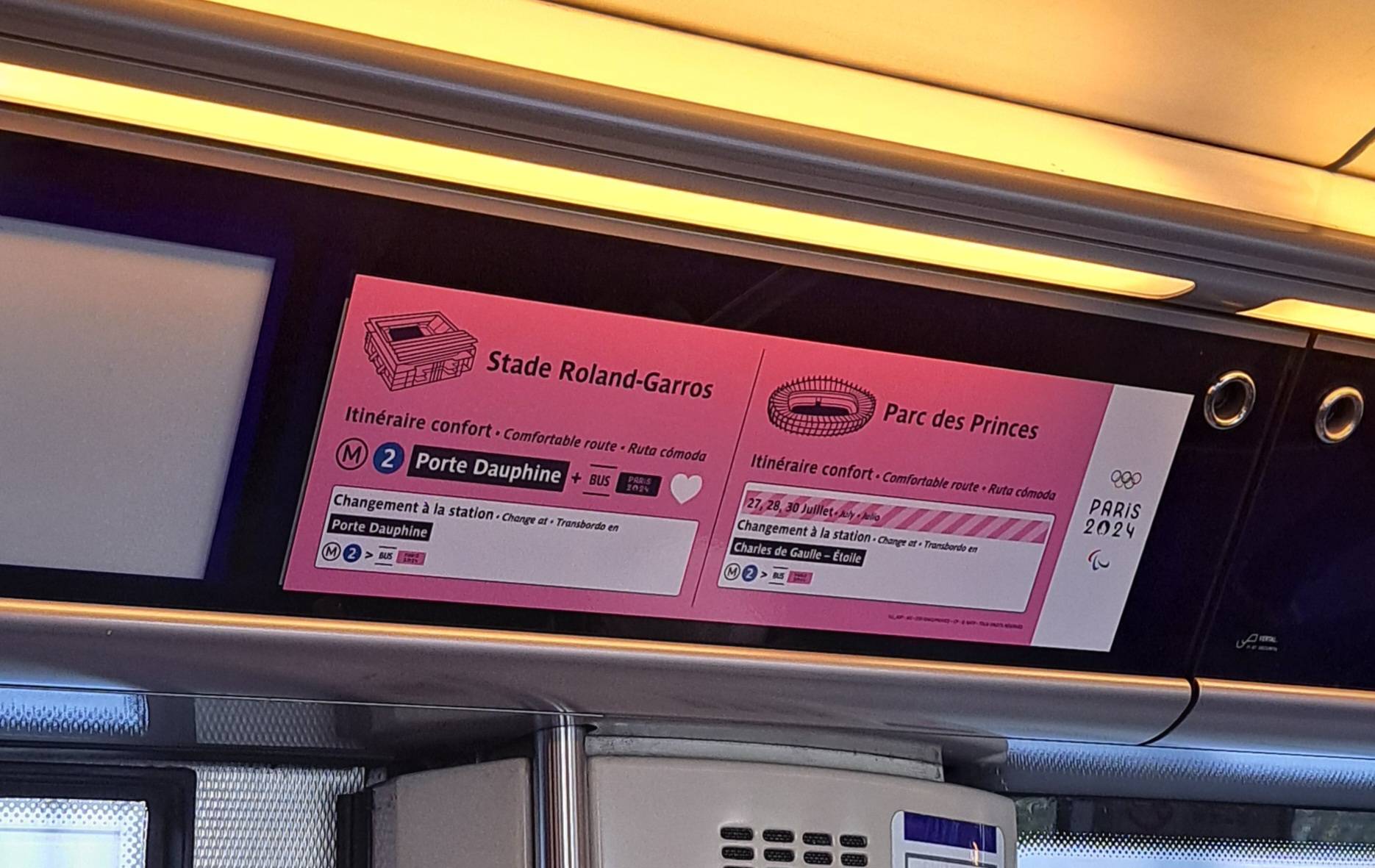The system is intended to allow the security services to detect disturbances and potential problems more easily, but will not use facial recognition technology, the bill says.
French privacy laws mean that facial recognition technology and drones are not generally used to police public events.
The technology could be particularly useful during the highly ambitious open-air opening ceremony which is set to see Olympians sail down the river Seine in front of a giant crowd of 600,000 people.
French police and sports authorities faced severe criticism in May after shambolic scenes during the Champions League final in Paris when football fans were caught in a crowd crush and teargassed.
The draft law, which was presented to the cabinet on Thursday, proposes other security measures including the use of full-body scanners and increases the sentences for hooliganism.
Organisers and Interior Minister Gérald Darmanin have both argued in favour of using so-called “intelligent” security camera software that scans images for suspect or dangerous behaviour.
The use of such a system during the Olympics is an “experimentation”, the draft law says, but could be applied for future public events which face terrorism-related or crowd control risks.
“No biometric data is used, nor facial recognition technology and it does not enable any link or interconnection or automatic flagging with any other personal data system,” the bill states.
The games’ organising committee said on November 21st that it needed to lift its budget estimate by 10 per cent from €3.98 billion to €4.48 billion, partly as a result of inflation.
Rather than opening the games in an athletics stadium as is customary, organisers have planned a ceremony on July 26th, 2024 with a flotilla of some 200 boats sailing down the river Seine.
The banks of the river can accomodate 100,000 people who will have to buy tickets, while another 500,000 are set to watch for free from the street level, according to government estimates.





 Please whitelist us to continue reading.
Please whitelist us to continue reading.
Member comments